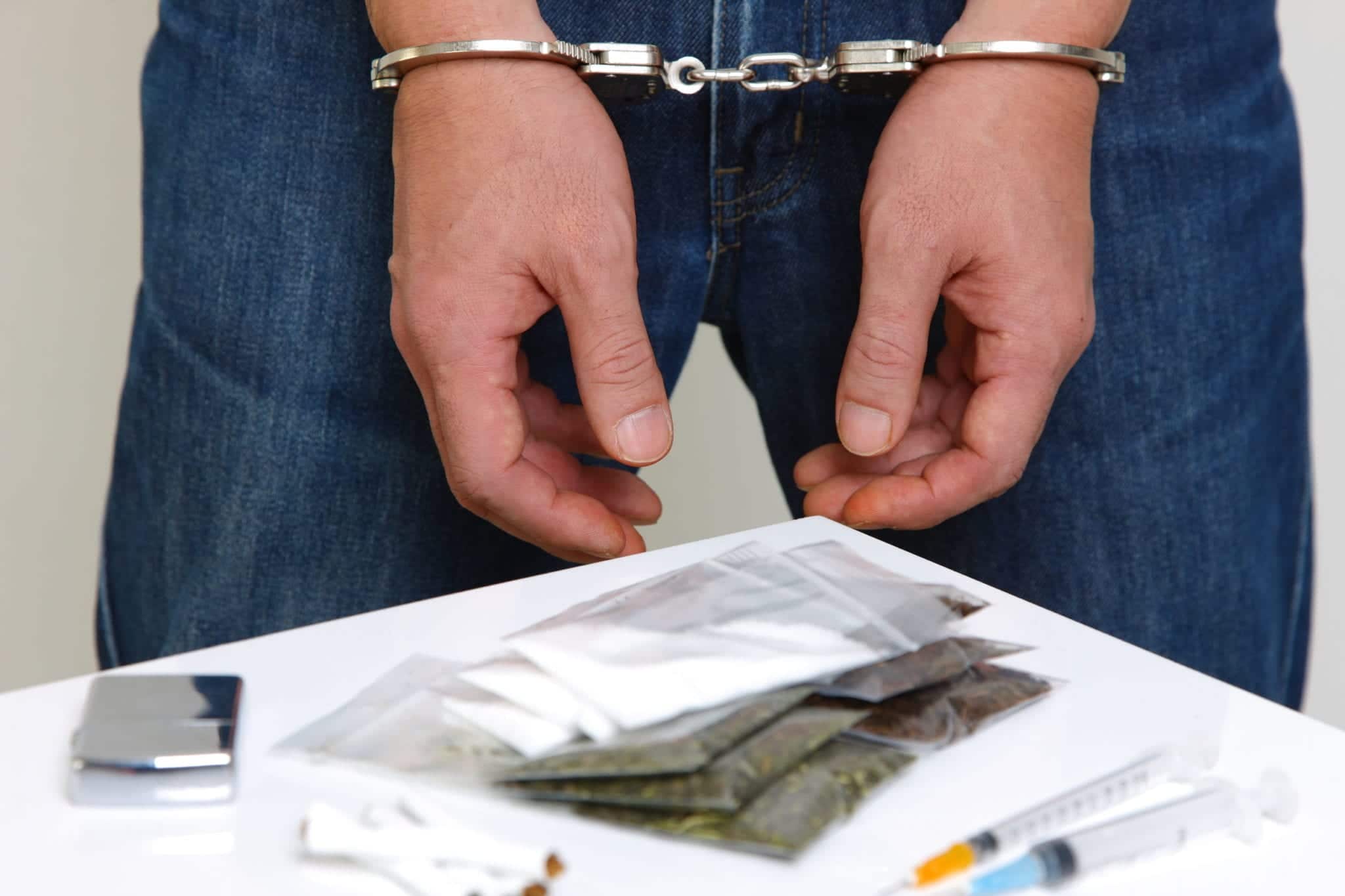
Within days of his 2017 inauguration, the President had already drawn up and signed an executive order to strengthen the enforcement of U.S. immigration laws targeting immigrants deemed a threat to public safety, and particularly “aliens who engage in criminal conduct in the United States.”
Houston Public Media reported less than a month later that 680 arrests were made during raids within a single week, and that 75 percent of the detainees had convictions – including convictions on drug-related offenses. U.S. Rep. Joaquin Castro of San Antonio confirmed around the same time that ICE agents across Texas were conducting these targeted raids.
All of them fall under the ongoing domestic operation known as Operation Cross Check, which was originally intended to search for and apprehend undocumented immigrants who had been convicted of serious crimes.
Of course, “serious” is in the eye of the beholder.
If you or someone you care about is being unfairly deported because of a drug-related conviction, connecting with an experienced Texas drug crime attorney is your first step in slowing what can seem like a runaway train.
In the meantime, read on for information regarding how deportation is handled when a Texas drug crime conviction is involved.
Terms Texans Should Know
Combing through legal jargon for information you need when facing deportation due to drug-crime conviction can be difficult – particularly when it is in a language that may not be your first. So, before we get into the law and what can happen when it’s been violated, here are the key terms most commonly included in these matters:
Alien. All non-citizens or non-nationals residing in a country, including but not limited to immigrants.
Immigrant. All aliens who have been granted the right to reside permanently and work without restrictions in a particular country.
Inadmissibility. Originally referred to as “excludability,” it is a set of grounds under which someone could be excluded from this country, including drug-related crimes and convictions.
Waiver of Inadmissibility. Forgives a crime for immigration purposes and allows the person to remain in the country, gain entry, or return to the U.S.

What the Law Says in Texas
The Immigration and Nationality Act (Sections 212 and 237) provides specifics regarding those immigrants who are inadmissible into this country and/or qualify for deportation, but generally speaking, any immigrant who is a) determined to be a drug abuser or addict or b) has been convicted of a drug-related crime is inadmissible and/or eligible for deportation.
Four examples of grounds of inadmissibility:
- Immigrants with conviction(s) for violation of any law or regulation related to a controlled substance.
- Immigrants with multiple criminal convictions from offenses that arose from a single scheme of misconduct or multiple incidents, and for which incarceration lasted five-plus years.
- Immigrants reasonably believed to be trafficking controlled substances or listed chemicals, or who knowingly assisted or conspired with others to traffic them.
- Any immigrant spouse or child of an immigrant inadmissible due to anything above.
There are many additional grounds that can be indirectly linked to drug-related convictions, and just as many exceptions to these guidelines. A knowledgeable Texas criminal defense attorney will be able to review your personal circumstances and guide you through the general classes of inadmissibility.
Removal Proceedings in Texas
Once you are accused of violating U.S. immigration laws, a process of removal begins. First, the court system will schedule you to appear before an immigration judge to determine whether you may remain in the country.
Then, you will receive a charging document or “Notice to Appear,” stating why the Dept of Homeland Security believes you have violated U.S. immigration laws. The date and time of your first hearing will be included or mailed separately.
From there, it becomes a bit more complex depending on your circumstances, but it can require as many as 10 hearings total. Note the following:
- The court does not appoint you a lawyer, but the judge will ask if you have one. If not, you may be granted additional time to locate an experienced criminal defense attorney.
- The court does provide an interpreter. If you do not understand your interpreter, tell the judge.
- You will be a) asked whether you received your charging document (or Notice to Appear), and b) required to enter a plea to each charge in that notice.
- If the judge finds you have violated immigration laws, you will need to tell that judge whether you are applying for relief from removal.
Keeping U.S. citizens safe is certainly a priority, but reports continue to surface that deportations are unfairly happening for even minor drug-related crimes and to people who were convicted years ago and have not committed another crime since.

Not every person convicted of a drug-related crime deserves to face deportation, and this isn’t a matter that should be handled in broad sweeps, but rather on a case-by-case basis. Regardless of officials’ intents, each and every person building a life in the U.S. has rights, and is entitled to fair treatment – including you and your loved ones.
About the Author:
Brandon Fulgham has an in-depth understanding of both Texas law and Texans themselves. Before practicing law here, he received his undergraduate degree from TCU, and his law degree from South Texas College of Law in Houston. After graduation, he worked in District Attorneys’ offices as a prosecutor, building cases designed to put people behind bars. Now, he uses that knowledge to protect the rights of people in and around Fort Worth, making sure they receive the strongest possible defense when they find themselves on the wrong side of the law. He has been recognized for his work by The National Trial Lawyers, Fort Worth Magazine, and others.